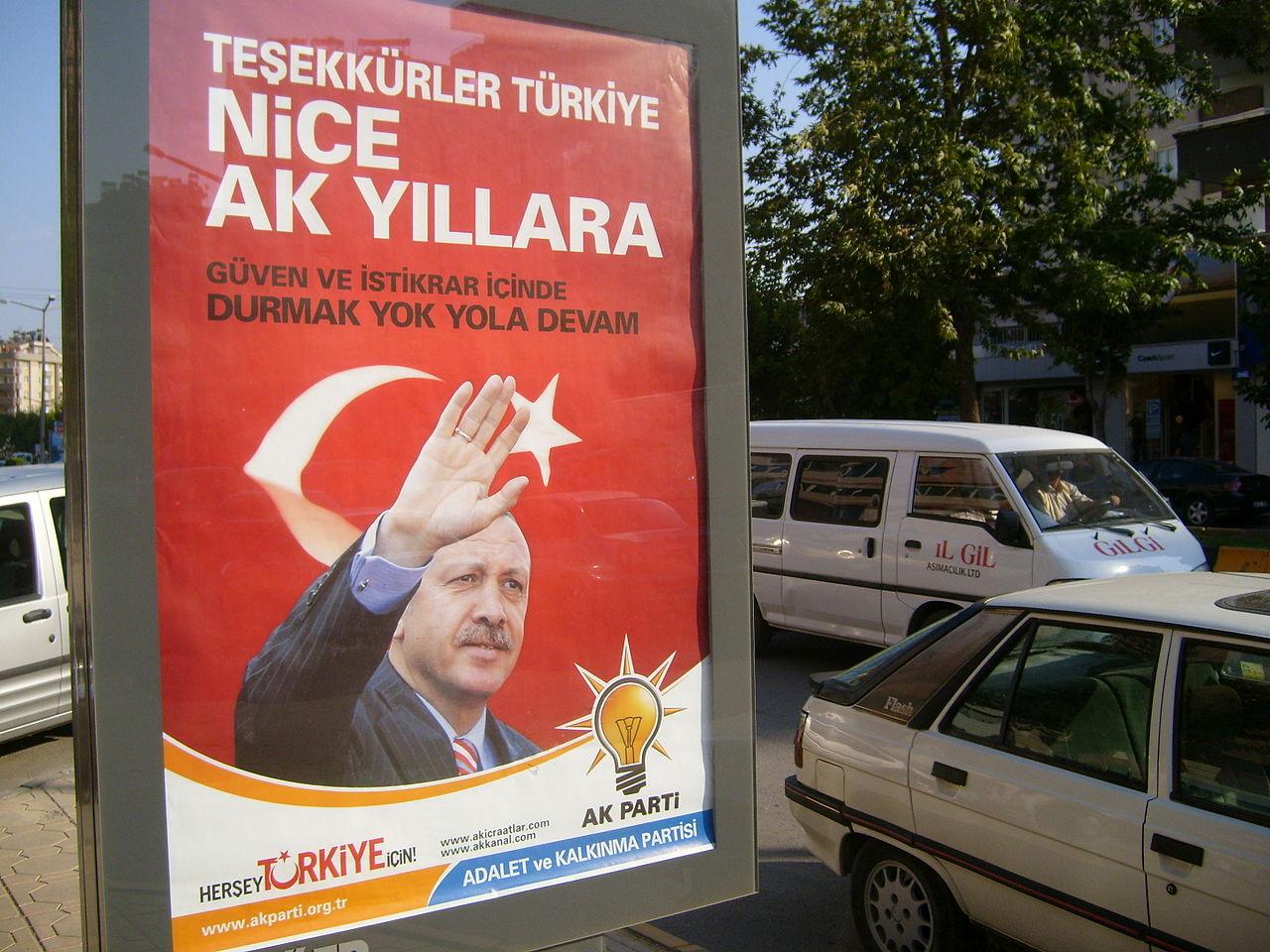Turkey and the Arab Spring
archive

Turkey and the Arab Spring
When Turkey is mentioned in relation to the Arab Spring, there are two major points of view: 1) Turkey is a great model for Arab countries as a secular democracy with a majority Muslim population. 2) Turkey is not a good model since it has its own problems with minority rights, freedom of speech/press and human rights, and recently Turkey has become more conservative moving away from Western values. I claim that a combination of these two perspectives seems to be emerging in the region.
Atatürk and the Founding of the Turkish Republic
After the World War I, the Ottoman Empire lost most of its land either through invasion or through the independence of different ethnic groups. With Ataturk’s leadership, Turkish people won the war of independence and established the Turkish Rebublic in 1923. Shortly after the establishment of the republic, in 1924 the Caliphate was abolished, which was a symbolic end to the relations between Turkey and other Muslim countries. Between 1925-38 Atatürk’s program of reforms transformed the country into a secular, democratic and western society. Some the major reforms were adopting a new Civil Law code in 1926, introducing the Latin alphabet in 1928, and in 1934 women became eligible to vote in elections and become members of Parliament. After Atatürk’s death in 1938, the single-party system continued till 1950. Turkey became a charter member of the UN in 1946 and joined the NATO in 1952. Because of space restrictions, I will not detail the military coups and economic and social problems in Turkey between 1950 and 2000.
Recent History of Turkey and the Justice and Development Party

AKP party poster 2007: "thank you Turkey"
Credit: Ekim Caglar - Own work, CC BY-SA 3.0
The Justice and Development Party (a.k.a. AKP) entered the Turkish political scene in 2001 under the leadership of Erdoğan. The AKP can be classified as a hybrid political group that represents a synthesis of reformism and conservatism that crosses class boundaries. On November 3, 2002, the AKP emerged as the predominant political party: it defeated all other established parties, winning 34% of the vote. In early general elections in 2007, the AKP got 47% of the votes. In 2011 general elections, the AKP won a historic 49.9% of the votes.
The AKP’s politics of reform paved the way to European Union (EU) accession negotiations and furthered the democratization of Turkey. The intellectual evolution in the conservative religious camp since the end of the 1990s is exemplified in this turn toward the EU, and the corresponding turn away from the strong nation-state and the Islamic world. The AKP was able to pass additional reform packages and to achieve the beginning of EU accession negotiations on October 3, 2005. Under AKP rule, the Turkish economy improved tremendously and became more stable with record high growth rates and lowest inflation rates in the history of Turkish republic.
Egypt and Turkey
Before the Arab Spring started, there was competition between Egypt and Turkey as to which country was the leader in the region, but now there is more cooperation, with investments jumping from $3.7 billion to $10 billion. During Prime Minister Erdoğan’s recent tour of Arab countries, he was welcomed by the Egyptians, and the main theme was “Egypt and Turkey are hand-in-hand.” The focus these days is on solid Turkish-Arab unity both politically and economically. The Turkish government has stated its support for the Muslim Brotherhood and calls for a secular state.
Libya and Turkey
Unlike the competitive relationship with Egypt’s Mubarak administration, Turkey had strong economic and personal ties with Libya during the rule of Gaddafi. Over 25,000 Turkish people worked in Libya, and there were $18 billion worth of contracts when the uprisings started. Turkey’s initial reaction to the clashes in Libya was slow since the priority was to get Turkish citizens out of the country. However, Turkey suspended all its contracts and gradually tilted toward opposition forces. Turkey also supported NATO-backed intervention to remove Gaddafi by recognizing the Transitional National Council and providing assistance to rebel forces in Libya.
Syria and Turkey
The Turkish-Syria relationship gets a lot of attention recently since the atrocies committed by the Assad regime are still continuing, and Turkey has 900 km border with Syria. Before the uprisings started, Turkey and the Assad regime had a very close relationship. Between 2003 and 2011, the Turkish minister of foreign affairs Davutoğlu visited Syria 60 times. As a result of close relations between the two administrations, in 2009 visa requirements were dropped, and in 2010 a Free Trade agreement was signed. After the uprisings and the crack-down started, Turkey supported gradual democratization of Syria to avoid a civil war and sectarian conflict in a bordering country. The Turkish government tried to make use of their former relationship to pressure the Syrian regime for genuine reform, but when warnings didn’t work, Turkey harshly criticized and condemned the Syrian regime for killings and human rights violations. Turkey currently provides humanitarian assistance to Syrian refugees and opened channels of communication with opposition forces. Turkey also is working with the Arab League and the West on sanctions on Syria.
Conclusion

When the Arab Spring started, Turkish media and the public realized that they were not sufficiently informed about the region despite their proximity. Until very recently, the Arab world received very little coverage in Turkish media, and most was negative, and clouded with stereotypes. However, during the uprisings, Turkish media portrayed the Arab world more positively, and Turkish people started to view Arab countries in a new light. During 2011, relations with Israel worsened, which actually helped the image of Turkey in the Arab countries.
In conclusion, Turkey is a major political and economic player in the Middle East region, and it has strong historical, economical and cultural ties to the Arab countries. These close ties and the democratization efforts that started with the Arab Spring will bring Turkey and Arab countries closer. Although Turkey has its own issues to work on regarding human rights and democratic rights of minorities, it does constitute a viable example of a secular democratic republic with a Muslim population. Indeed, we recently have seen the “Turkish model” being adapted in the region, with Morocco’s “AKP” winning the elections and Tunisia’s Enhanda party being inspired by the AKP in Turkey.



